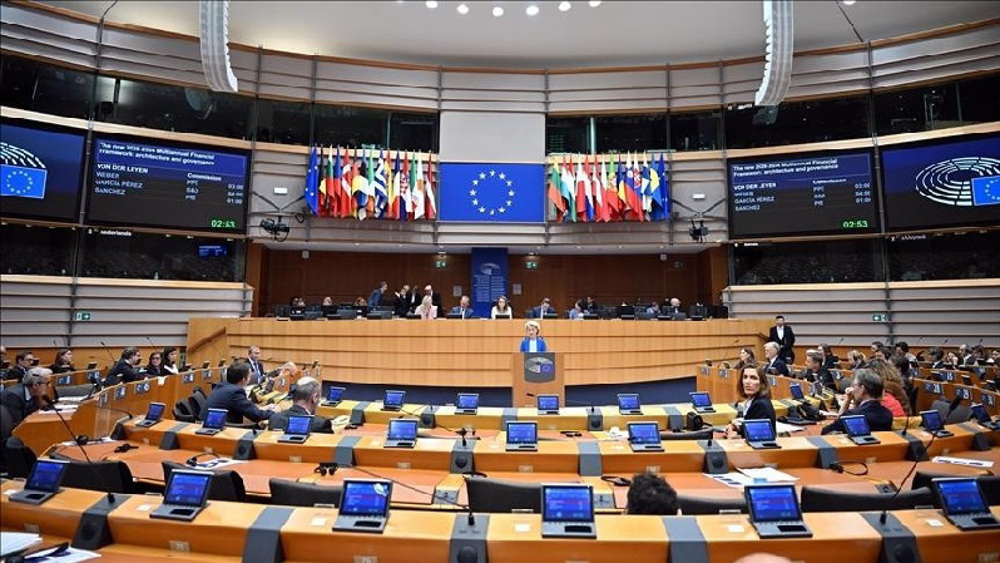US Democrats seek to tackle climate change with import tax
Democrats have agreed to include a tax on imports from nations the US says do not have strong policies aimed at combating climate change in a wide-ranging spending package.
They are seeking to draw up a sweeping $3.5 trillion budget plan stocked with other provisions which aim to ratchet down fossil fuel pollution in the United States.
Policymakers from across the globe are increasingly getting interested in carbon border taxes, with the European Union (EU) proposing a similar idea this week.
However, Democratic lawmakers still need to determine how exactly they want to formulate an import tax proposal, and that they have a long way to go before such a policy can be implemented in the country.
They plan to pass their substantial spending bill later this year without any Republican votes.
Senator Mitch McConnell of Kentucky, the Republican leader, called the package “wildly out of proportion to what the country needs now.”
The budget deal would make it possible for a number of climate-related provisions to be included in a spending bill, including the import tax, a clean energy standard and clean energy tax incentives.
The goal is to meet the objective set by Democratic President Joe Biden who has promised to cut the US’ greenhouse gas emissions by 50 to 52 percent below 2005 levels by 2030.
In theory, a carbon border tax would mean that companies that want to sell steel, iron and other goods to the United States must pay a price for every ton of carbon dioxide emitted during their producing processes.
If countries cannot or will not do comply, the United States could impose its own price. However, experts argue that verifying the amount of carbon pollution produced by foreign manufacturing is difficult.
This comes the same week that the European Union included such a tax in a raft of ambitious emission reduction proposals.
The European Commission’s proposed carbon border tax would apply to importation of products such as carbon-intensive cement, electricity and steel.
Skeptics of the US plan are warning that a carbon border tax, which no country has yet implemented, would not be easy to carry out, and could even anger trading partners and face a challenge at the World Trade Organization.
Many tax and climate policy experts, meanwhile, questioned the plan as the US does not have a federal carbon price.
“I don’t think the United States can do this unless we also have a domestic carbon price. ... I think it’s fantastic, but I think it’s the beginning of a productive discussion,” said Danny Richter, vice president of government affairs for Citizens Climate Lobby.
Diplomacy and deterrence: Iran focused on reaching nuclear deal – without compromise
British Museum faces backlash for eliminating references to ‘Palestine' from displays
Global outage hits X users: Thousands report access issues
US warship seizes second Venezuelan oil tanker in Indian Ocean
IRGC Navy holds 'Smart Control of Strait of Hormuz' military drills
Explainer: Jam-e Jam 1 – Iran’s giant leap into geostationary orbit and a new broadcasting era
Iran says entered talks with US with 'result-oriented approach'
Iran FM, IAEA chief meet in Geneva ahead of new round of indirect talks with US













 This makes it easy to access the Press TV website
This makes it easy to access the Press TV website